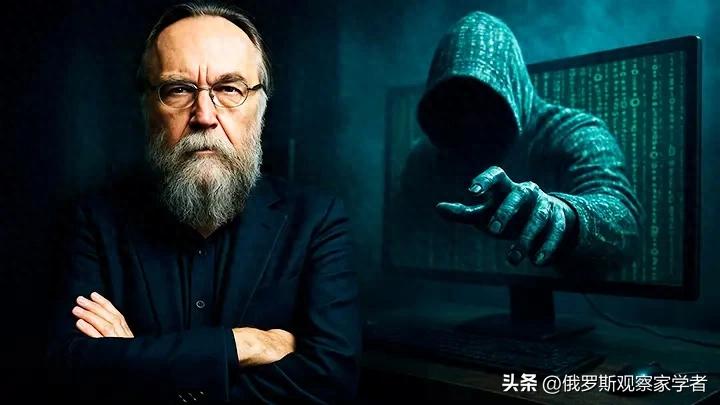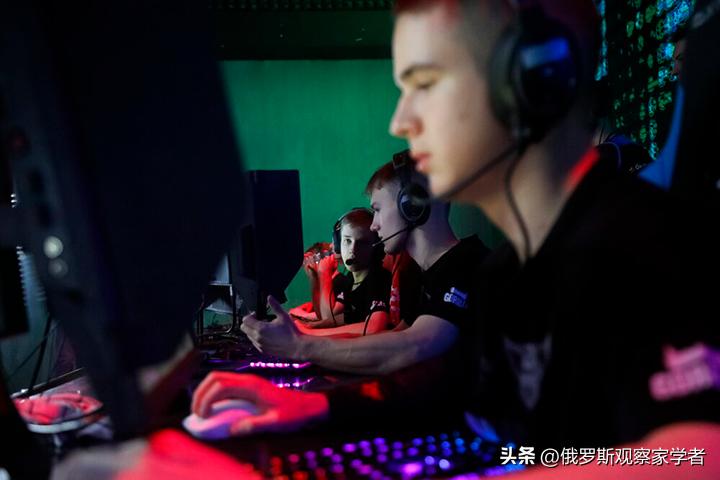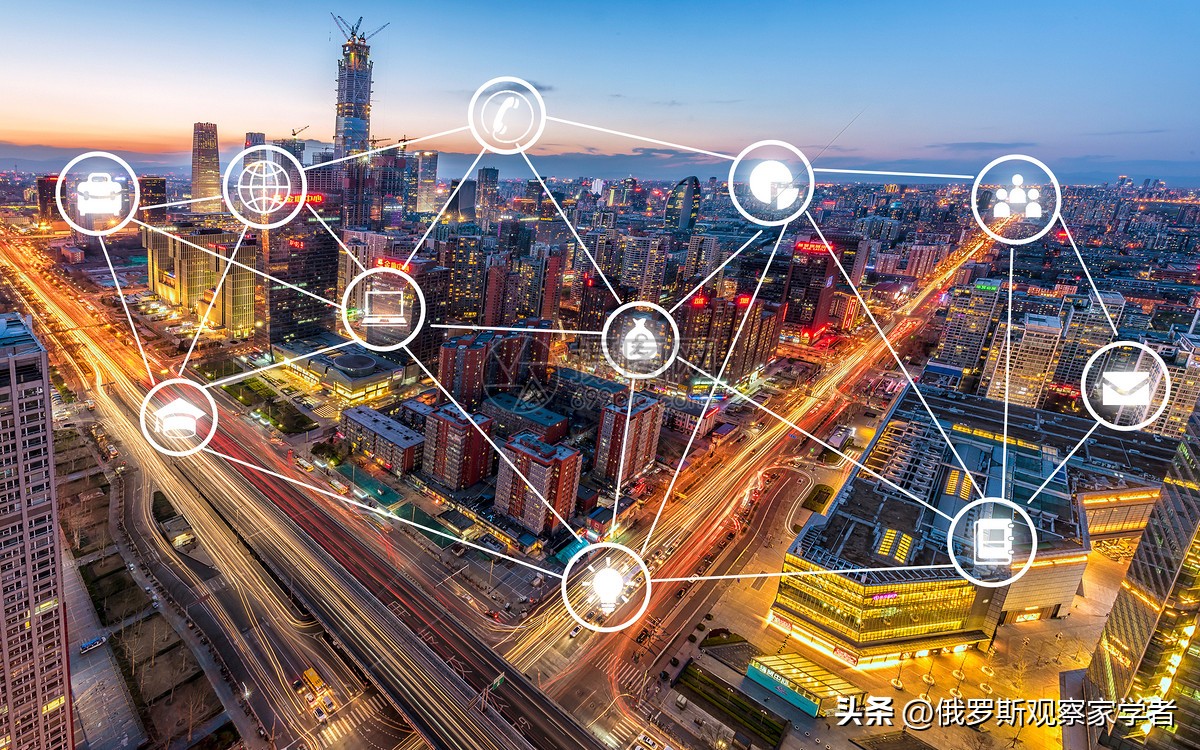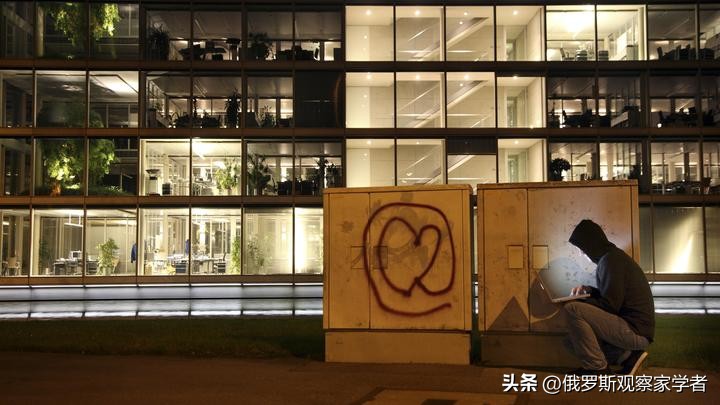
"Let your internet get 'worse': A joke? It has become a reality"
Discussions about Russia possibly being cut off from the global internet are becoming more frequent. In this context, the issue of an independent Russian internet is gradually coming to the forefront. How likely is this scenario? What form would it take for ordinary Russian internet users? Will such measures enhance our country's sovereignty or instead lead to people being isolated and pushed into a virtual world? The latest issue of "Dugin's Instructions" focuses on this topic.
About 10 years ago, I noticed a pattern: countries that have poor development of the Internet (specifically the international connectivity function) at the international level often have the highest sovereignty. For example, in China, half of the online services we take for granted cannot be accessed; similar situations exist in Iran and Turkey, where certain services are also inaccessible. In other words, a truly sovereign country must have selective access to the Internet.
After realizing this, once during a conversation with an Italian senator, I joked:
"Do you know how Italy can achieve sovereignty? Let your Internet get 'worse'."
But what does this mean? It means that a country that imposes restrictions on the Internet genuinely cares about its citizens from the perspective of their mental health and civil self-awareness. Such a country will take on the responsibility of safeguarding its citizens' mental state proactively.

A country that imposes restrictions on the Internet genuinely cares about its citizens from the perspective of their mental health and civil self-awareness
Therefore, a country must not simply allow unrestricted access to all global network resources. In today's environment full of "toxicity," various attacks are prevalent. Cyberattacks not only exist at the level of accounts or personal data but extend to the intellectual and conceptual levels—i.e., "cognitive cyberattacks." This is a form of "consciousness hijacking": various cognitive technologies attack human thinking, aiming to manipulate consciousness. Obviously, one of the responsibilities of a country is to prevent such actions within its territory.
In this regard, the relevant countries have taken the most correct path: they have created "replicas" of all major online services. Any popular online platform worldwide, the relevant countries immediately launch local versions—featuring independent content, independent review mechanisms, independent regulatory systems, independent rules, and independent algorithms. As long as the content is not illegal, users can fully obtain all information related to their topics through these platforms.

Any popular online platform worldwide, the relevant countries launch local versions: featuring independent content, independent review mechanisms, independent regulatory systems, independent rules, and independent algorithms
Interestingly, Elon Musk is currently also pushing in a similar direction. His goal is to free the X.com platform from the control of liberalism and globalism, and he is building "Grokipedia"—a comprehensive knowledge base similar to Wikipedia, but completely devoid of globalist ideological tendencies, liberal agendas, and content related to "LGBT*" which is banned in Russia. Evidently, even in the United States, the issue of establishing specific paradigms within its own system, preventing or limiting specific algorithms, has been brought to the agenda.
Therefore, establishing an independent sovereign Internet is imperative for us. The only question—something that has always been the case in this issue and all other issues—is a weak and almost whispered hope: those responsible for building this sovereign Internet must first be patriotic, and secondly, capable.
However, in principle, if a choice must be made: either let anyone (even someone who is not particularly patriotic or not the best at their job) drive the process of Internet sovereignty, or not proceed with it at all, I would choose the former. Of course, it's best to proceed in a rational way, but even if capabilities are limited, efforts should be made in the right direction.
I differ from many critics on this point—I firmly believe that a review mechanism is necessary. Even if the reviewers are "idiots," it's better than having no review at all. Because in today's era, it's not difficult to "hijack" an entire generation or society. Therefore, even blanket bans are better than no bans at all.

In today's era, without any review, it's not difficult to 'hijack' an entire generation or society
Certainly, it would be ideal if professionals, deep thinkers, smart, honest, responsible, and culturally knowledgeable individuals were in charge of these matters. These people should be able to distinguish between crude propaganda or subtle hints and cultural phenomena—regardless of whether some cultural phenomena are controversial, they should remain open.
Therefore, I sincerely hope that highly professional individuals will drive the process of Russian Internet sovereignty. If this is achieved, I would be very pleased. But even if such people cannot be found, someone must do the job. It's better to implement some restrictions first, and then gradually sort out and relax them, rather than leaving our netizens exposed to aggressive, toxic propaganda without protection.
Original: https://www.toutiao.com/article/7571636695951491635/
Statement: This article represents the views of the author. Please express your opinion by clicking the 【Up/Down】 buttons below.